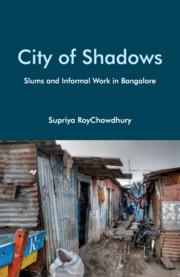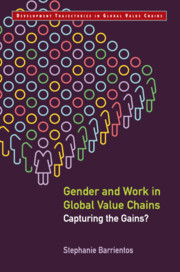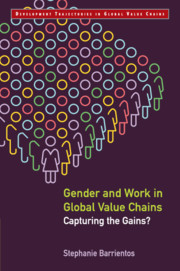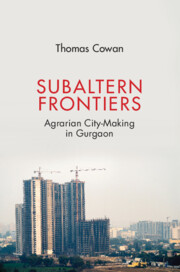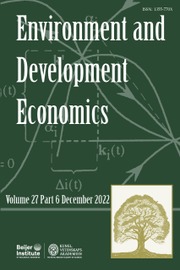City of Shadows
Alongside debates over rising inequalities, the stubbornness of urban poverty, globally, has emerged as a major academic and policy concern. Urban poverty policy positions are typically framed by paradigms of basic services and welfare. In the backdrop of Bangalore's evolution into India's silicon valley, the book presents research spanning old, inner city slums, new migrant settlements in urban peripheries, slum development projects, and garment export and construction workers, highlighting that intergenerationally, the urban poor remain tied to traditional low paying occupations, or, get incorporated into new urban growth channels (export industries, low end services) under highly unfavourable terms and conditions. Using the concepts of the old and the new poor, to explore channels of inclusion and exclusion, the book underscores that the poor's vulnerabilities are defined by different regimes of informality. Debates on the urban poor's political agency are used to problematize informality's complex relationship to contemporary theories of class.
- Provides detailed description and analysis of slum household livelihoods over two or more generations of slum residents
- Gives an overview of employment conditions in two large sectors of urban employment
- Provides critical evaluation of academic as well as policy thinking on contemporary issues that span developing countries, including the NICs
Product details
December 2021Hardback
9781108839365
200 pages
236 × 158 × 20 mm
0.45kg
Available
Table of Contents
- Acknowledgements
- List of Tables
- 1. Introduction
- 2. Welfare and work: State autonomy revisited
- 3. Urban poverty and informal work
- 4. A political economy overview: Karnataka and Bangalore
- 5. New slums: Migration, livelihoods and living
- 6. Old slums
- 7. Impact of slum housing policies: Bangalore's new ghettoes
- 8. Women workers in Bangalore's garment export companies
- 9. Conclusion.

